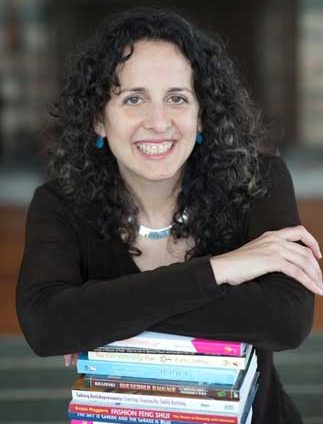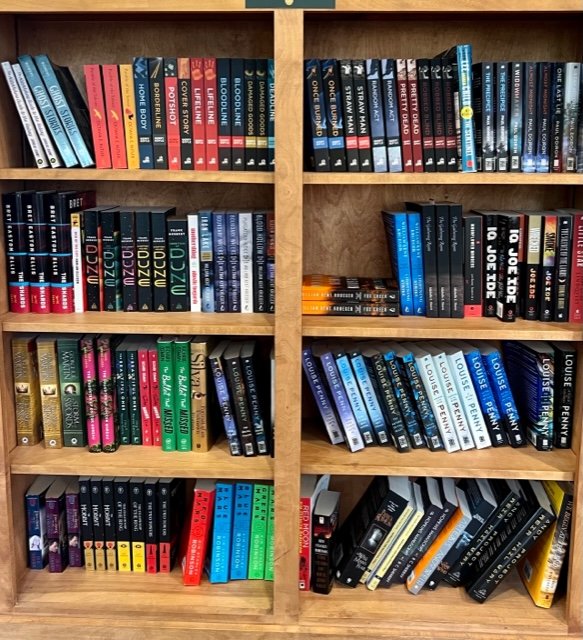This excellent question came up in Get Your Writing Done last week: “Should I share expert stories in my book’s introduction?” The author was considering sharing compelling stories from Wayne Dyer and Anita Moorjani.
What Is Your Reader Looking for in the Book Introduction?

When you write the introduction to a nonfiction book, think about it from a reader’s point of view. What are your readers looking for? They are asking themselves:
- Does this book help me solve my problem (or achieve my goal)?
- Do I trust this author, and are they an expert in this area, or do they have the skills and experience to guide me well?
- Has the author helped others attain the results I am looking to accomplish? (not a requirement, necessarily, but helpful)
- Is the information presented in a way that’s clear, easy to read, and easy to integrate/use?
- Am I likely to enjoy this book? Is it entertaining?
Readers want to see you, the author, as an expert, either by seeing how you have helped others with the challenges presented in the book or by seeing how you worked through similar challenges and reached related goals.

Motivating vs. Teaching
One important thing to note is that, most often, a compelling introduction doesn’t do a lot of teaching. Instead, it motivates readers to purchase and read the book.
Stories are one excellent way to motivate people. However, if you focus on the stories of other experts, you don’t necessarily establish yourself as an expert. So, in general, I would avoid sharing stories or quotes from different experts, and instead use the introduction to a) share your own story or those of your clients (or client composites) and b) address the questions a reader needs to answer to decide whether to buy and further read the book.
The Upshot
By focusing on the stories of other experts, you don’t necessarily establish yourself as an expert. So, in general, I would avoid sharing the story or quotes from different experts and instead use the introduction to answer the reader’s questions, as outlined above. And share your stories about how the material/system/skills you are about to provide have transformed your life or your client’s lives. When sharing client stories, either create composites, disguise the client, or get their permission to share their story.
Exceptions Can Work: If you’ve already shared some of your experience and expertise and have a particularly compelling, apt and entertaining story about someone your readers admire, it’s OK to include the story. Just make sure it doesn’t overshadow your expertise.
But Is My Story Too Big?
The author returned to me after listing a few stories he thought he might share. He’d picked one and wrote it out in the second hour of our Get Your Writing Done session. And he shared a few paragraphs.
It’s a big story indeed.
It was dramatic, spiritual, and extraordinary, yet it also captured ordinary, even mundane aspects. And it made me laugh.
The story drew me in. I asked him where the concern came from. Was he concerned that the spiritual aspect might overwhelm and deter some readers? Or was he afraid it sounded like bragging?
“Bragging,” he told me.
In that case, I wouldn’t worry. You can ask yourself if ego was present or if you were looking for a story that would speak to your readers and inspire them. I sense that this was a critical aspect of self that put the kibosh on something a bit “out of the box” and potentially risky and vulnerable.
He agreed. And he mentioned that when he’s shared some of his writing with clients and his target audience, they love the more spiritual stories more than those about material things.
I suggested he try his introduction on beta readers and see their feedback, but my hunch is, “Go big!” For you, too. Be vulnerable. Give your readers the best you have to offer. Trust your readers.
What questions do you have about writing an introduction or writing a nonfiction book? Ask as a comment in this post!



Hi Lisa,
I Googled “How to connect with your muse”, and a moment later I was immersed in what you had to say about that. Thank you. I needed to read that and will do so again. BTW, I do Qigong as well.
I wrote a book, ~ 65,000 words about my journey into metaphysical healing. I’m not sure if the book is meant to be the last chapter of my work as a healer, or to open it to the next chapter. Either way, I would like the book to be helpful to whoever may read it.
I tell my story so others can retrace my steps if they want to know more about the topics I touch on, and I explain methods that came to me intuitively that led to miraculous healings.
My website has a handful of testimonials, but most dramatic healings went unacknowledged. So, I included some of them in my book.
Imposter’s syndrome is all over me now. There aren’t many people I can discuss this work with, much less a book about it.
How would you suggest I move forward with this?
Thanks for your tips on how to connect with your muse.
Steve
PS I have two collections of short stories in eBook form on Amazon and other places. I like a few of my short stories quite a lot, they coming to me from time to time, but I haven’t placed as much importance on them as I do the book on healing work.
Generally, if you haven’t worked with an editor, I would suggest that as the next step. And then unless you have a large following / platform, you would most likely independently publish. If you are interested in traditional publishing, you’ll need a book proposal. More info on how to write a book proposal here. But I would only pursue that if you have a big following or you are interested in doing all the work to grow your following. More on self-publishing vs. traditional publishing here. If you share people’s stories in the book, you should either get their written permission or turn them into composites (and indicate that somewhere in the book, such as the introduction).